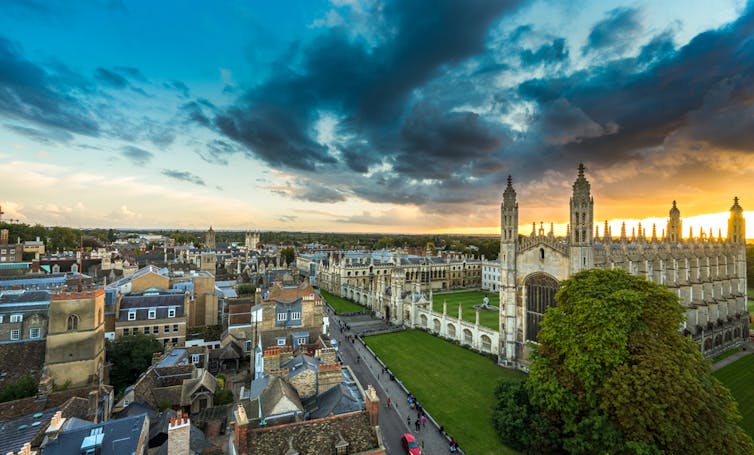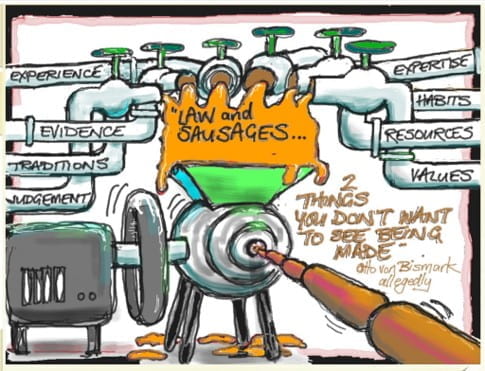
Policymaking is a complex and messy process; the evidence base is just one factor in decision making. Image from Sausages, evidence and policymaking: The role of universities in a post-truth world, Policy Institute at Kings 2017
Blog by Dr Alisha Davies, Dr Laura Howe, Prof Debbie Lawlor, Dr Lindsey Pike
Policy engagement is becoming more of a priority in academic life, as emphasis shifts from focusing purely on academic outputs to creating impact from research. Research impact is defined by UKRI as ‘the demonstrable contribution that excellent research makes to society and the economy’. Continue reading

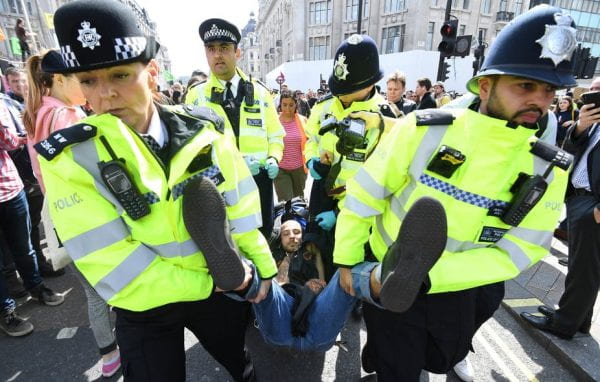


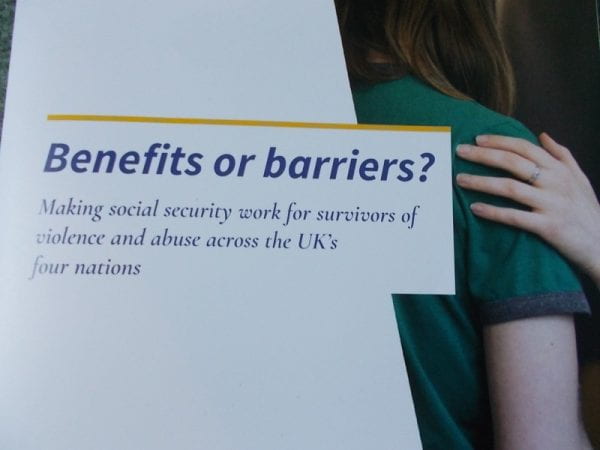


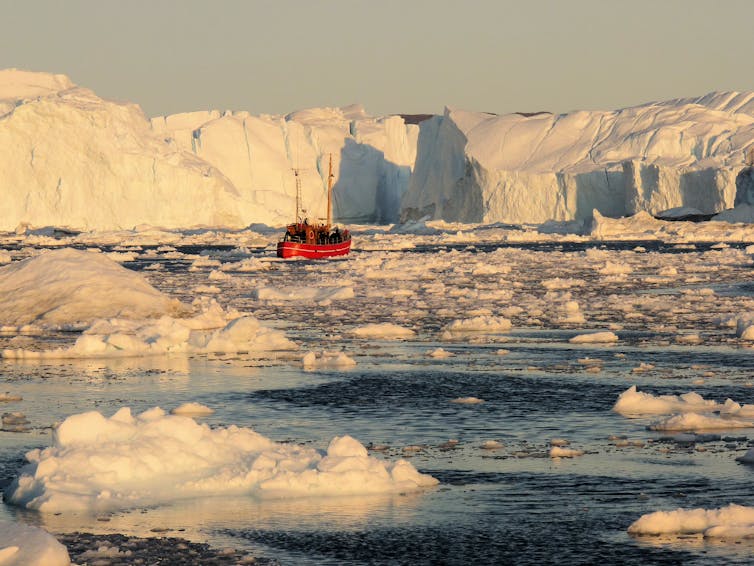
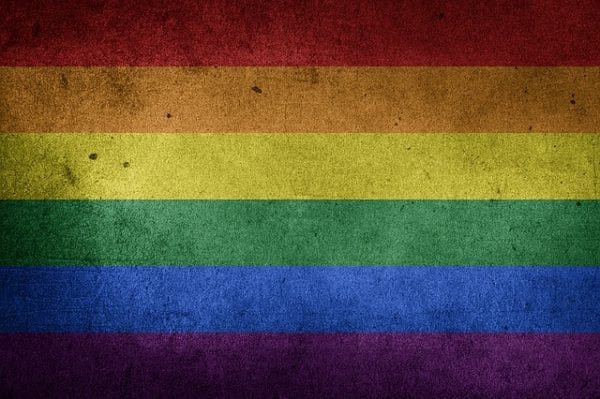 Introducing a new learning resource for creating inclusive care home environments for older LGBT+ residents.
Introducing a new learning resource for creating inclusive care home environments for older LGBT+ residents.